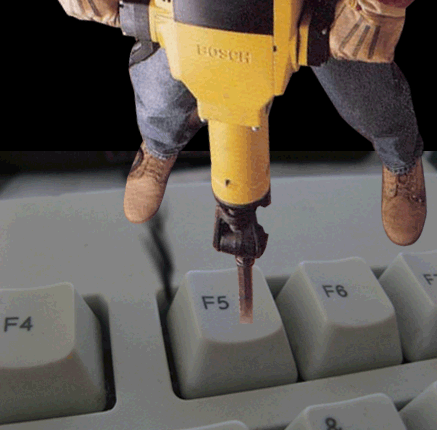Interview help needed - Computer knowledge
Go to solution
Solved by SIR RAFI,
On 10/17/2016 at 2:24 AM, Dutch-stoner said:Gave him a laughing smily face vote, just for that + my first post here.
@Dutch-stoner @NumLock21 @Ithanul @Thaldor I just got the job offer lol for a hefty sum too for a year so thank you all
-
Featured Topics
-
Topics
-
4
-
2
-
Bloodybluedragon ·
Posted in New Builds and Planning2 -
3
-
AlexGoesHigh ·
Posted in Linux, macOS and Everything Not-Windows3 -
0
-
rlaphoenix ·
Posted in Displays0 -
ulookuglynoob ·
Posted in Mobile Gaming2 -
I eat limes often ·
Posted in Laptops and Pre-Built Systems4 -
1
-


















Create an account or sign in to comment
You need to be a member in order to leave a comment
Create an account
Sign up for a new account in our community. It's easy!
Register a new accountSign in
Already have an account? Sign in here.
Sign In Now